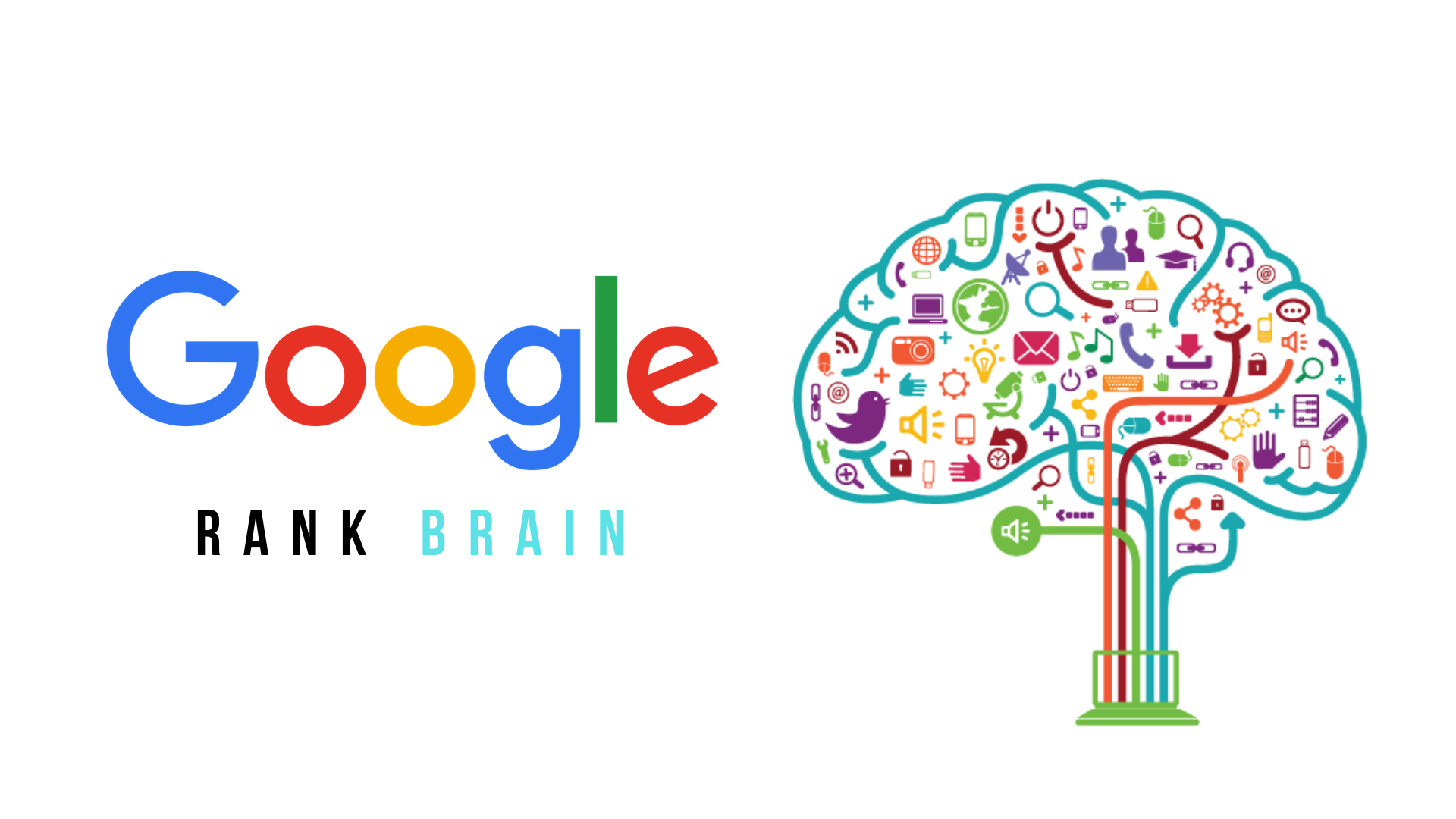Search intent has been one of the greatest puzzles in the world of search engines. To get a good grasp of what search intent is all about, Google has released its latest update – Google BERT.
Not so long ago, Google announced that they have developed a quantum computer that has been demonstrated to solve, in a matter of days, a problem that an “older” supercomputer would most likely take thousands of years to solve. Elsewhere, stories about robots taking our jobs abound, while machine learning, seems to be on everyone’s mind.
But the change is not always so visible. A few weeks ago, Google introduced us to something they called the most important update. It is characterised as a massive and the biggest step forward for search in the past five years, and one of the biggest steps forward in the history of search altogether. Yet, look and ask around in the SEO community and you’ll see very little that announces as much. Also, it is not yet very clear what Google’s BERT is targeting and how will the SEO landscape be influenced by this big update.






